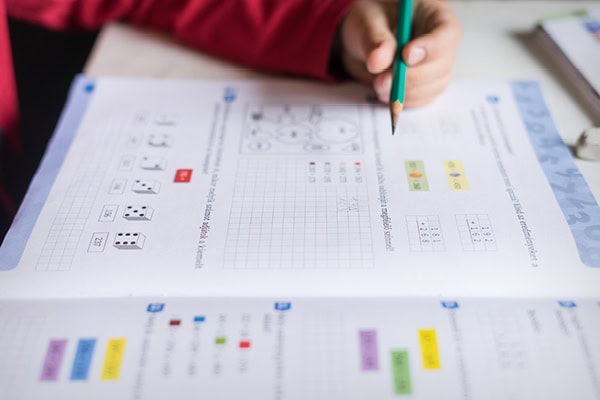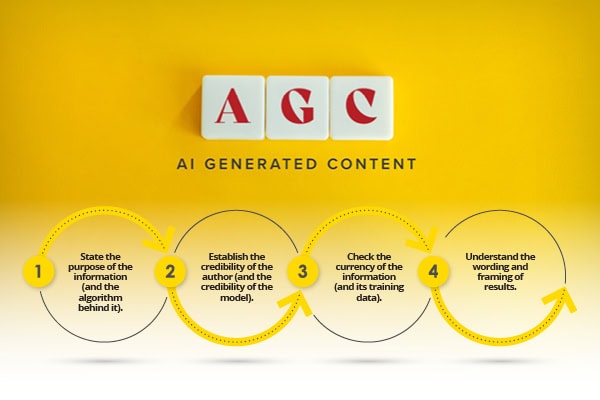“Recently I attended one of the nation’s premiere education gatherings featuring ed tech visionaries, celebrated funders, and ‘rock star’ reformers.” writes Rick Hess, executive editor of Education Next. “No panel had more star power than the keynote featuring two towering eduthinkers: 22nd-century Skills guru (and former vacuum salesman) Paul Banksley and “actionizing thinkiness” impresario Tait Smoogen of the Extraordinary Learning Foundation. I want to share some highlights.
Why has your work has been so impactful?
“Tait Smoogen mused: ‘Relationships, connection, engagement and kindness.’
“Banksley: ‘I know the importance of relentlessly focusing on that north star: for a school reformer like me, that means always asking, ‘What do foundation executives want to hear next?’”
“Tait,” I said, “You’ve often noted how you try to hook learners with the nounification of verbs or the verbification of nouns. Can you say a bit more about why that’s so powerful?”
‘Take ‘learning’, which is usually a verb. What about turning it into a noun such as in, ‘What learnings have we taken from today?’ That’s just an obvious example, but we can also introduce new words entirely. Instead of simply ‘thinking’ about something, we can make it more engaging and potentially subject to the Trademark Act of 1946 by promoting ‘thinkiness.’
’I think it’s crucial that schools recommit to using the right words,’ Banksley said. ‘School improvement plans need to be about co-creating equitable and dynamic learning environments. They need to promote innovative partnerships to advance social justice and cultivate the opportunity to thrive. Far too many plans leave out some of these words. And schools must seek out vendors as committed to the words as they are.’
‘It’s essential we co-create environments with all stakeholders so that all learners’ perspectives are valued, honored and allowed to collaboratively deliver, via rounded and inclusive partnerships, the development and progression and construction of co-constructed objectives and aims,’ agreed Smoogen
‘In practical terms, this requires meetings. Lots and lots of meetings.’
‘With slide decks,” added Banksley. ‘And consultant-supported strategic planning.’
What kind of research makes a difference?
‘Research needs to provide the results we want to see,’ said Paul. “There was this terrific study I read about in The 74 recently. A professor did a half-dozen virtual focus groups with almost two dozen school nurses in Minnesota in 2020, and he’s just reported some powerful stuff. The nurses told him that, with more money, they can get kids to school and be difference-makers. Reading that, I thought, ‘Right on! That’s change-making research right there.’ And I know it’s careful because it took him four years to share his findings.’
“Do you have any tips for edupreneurs in the audience?”
’For me, it’s crucial to wrap words up in proprietary concepts,’ said Smoogen. ‘Take my four learning limbs idea. Imagine a hog. The head of the hog represents curiosity because it’s got eyes and ears. The legs represent struggle because they are the base of all learning. The arms represent adaptability because arms are adaptable. And the torso, well, it represents creativity because that’s what’s left over. When a district buys a use license, teachers can ask questions like, ‘What learning limb did you use to solve that math problem?’ and then spend class talking about that rather than math which, let’s face it, can be really boring.’
Banksley kept it short and sweet. ‘Remember,’ he said, ‘an innovation is just an old idea that hasn’t been funded lately.”
Education Next





